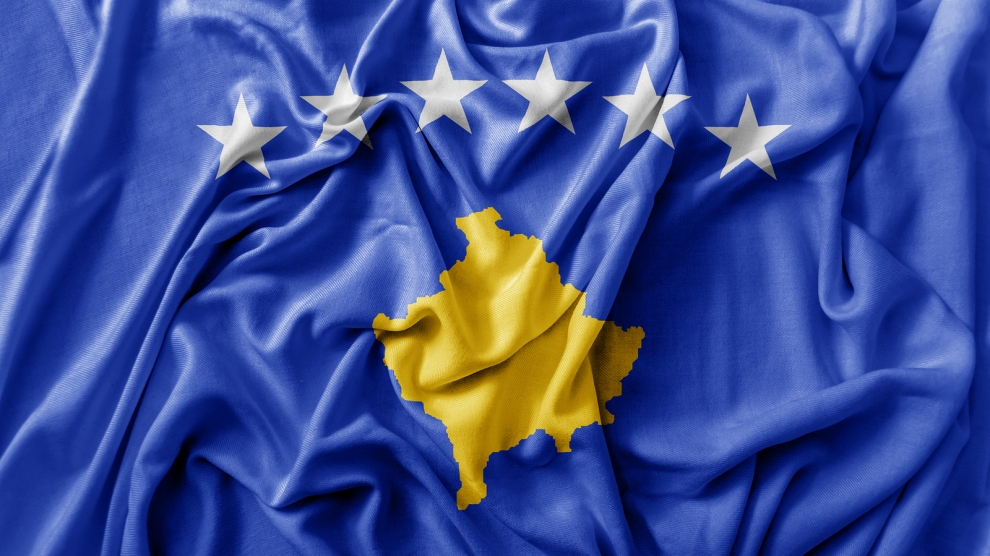Kosovo, which celebrated the 10th anniversary of its independence from Serbia on February 17, is still trying to find its way going forward.
“We have learned to be ourselves. We survived a decade with challenges, mistakes and successes. We’re prepared now for our journey into the future. And we’re reminded of the sacrifices of our people. The lives that have been lost,” Ramush Haradinaj, Kosovo’s prime minister, said in an interview with the Washington Post during a visit to the US, which after Costa Rica, was the second country to recognise Kosovo’s independence.
Trouble with neighbours, Islamist extremism and the fact that the six main ethnicities — Albanians, Serbs, Turks, Gorani, Romani and Bosnians — still live separate lives are only a few of the young country’s challenges. Kosovo has the youngest population in Europe but also has the highest unemployment rate (33 per cent), which is amongst the highest in the world (60 per cent) amongst young people.
The average monthly wage is just 360 euros and economic growth is dependent on remittances from the diaspora, with around 80 per cent of foreign direct investment coming from Kosovans overseas – mostly into new houses and flats in Pristina. Around 190,000 Kosovans are said to have left in the past decade, despite a strict and unpopular EU visa regime.
There is growing disquiet among many Kosovans and dissatisfaction with wartime politicians who remain in power is rising. Kosovo is mainly governed by the men who fought for its independence in the 1990s. Both President Hashim Thaci and Prime Minster Haradinaj were leaders of the Kosovo Liberation Army. Mr Haradinaj has twice faced charges of crimes against humanity at the International Criminal Tribunal in the Hague. He was acquitted on both occasions. In 2017, a French court refused a Serbian request to extradite the prime minister to Belgrade to face war crimes charges there.
In the World Bank’s Doing Business 2018 report, Kosovo ranked 40th, 20 places higher than in 2017, but when it comes to corruption, the country has still a lot to improve — Transparency International ranks Kosovo as one of the worst countries in Europe for corruption perception, below many developing-world countries.
There is also work to do in the international arena as Kosovo is still not recognised by almost 80 countries including Russia, China, Brazil and, most importantly, five EU member states: Spain, Greece, Romania, Slovakia and Cyprus.
“We are not yet a member of the UN, while our journey to the EU is far too complicated,” said President Thaçi, speaking at the Munich Security Conference which coincided with Kosovo’s Independence Day.
“If there were unity in the EU for Kosovo … I’m convinced that the state of Kosovo would be a more sustainable and stable country. Kosovo is the most pro-European, pro-American and pro-Western state in the Balkans. We are proud of this fact,” he said.


Add Comment